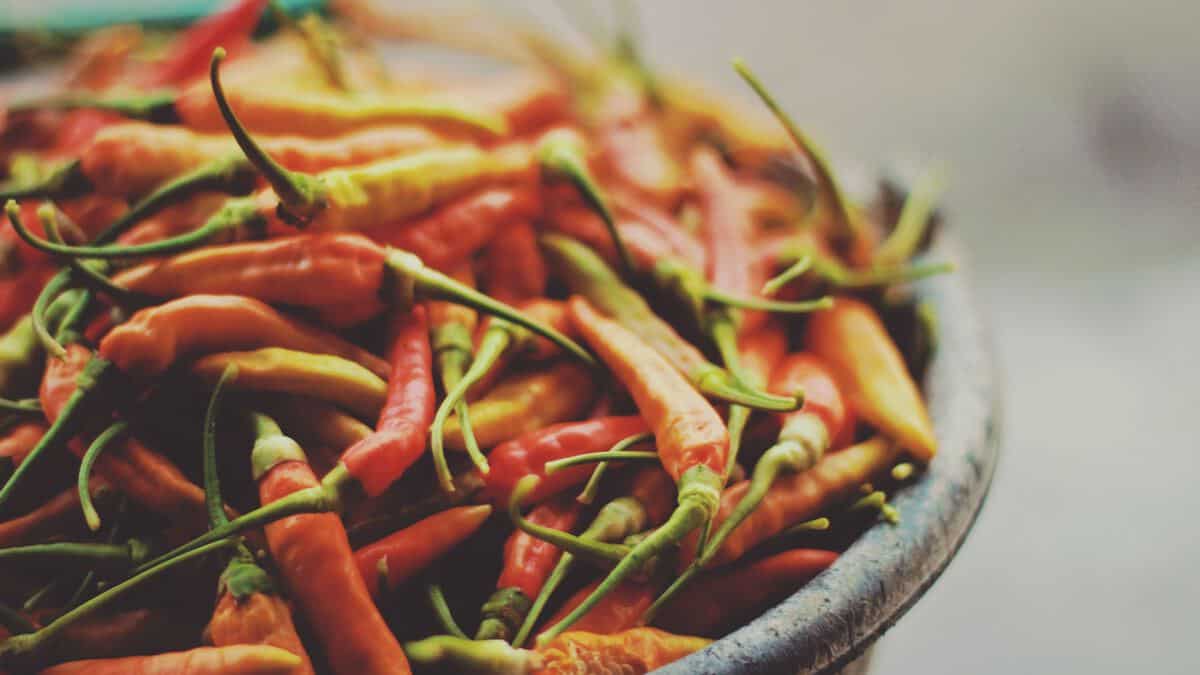
How To Dilute Hot Sauce
Hot sauce too hot? We’ve all been there. No matter how much you like heat, chances are at some point you’re going to meet your match in a hot sauce.
For some of us, the limit is ghost pepper concentrate madness. Or, you might love the flavor of hot sauce but absolutely hate heat. No matter where you stand on that spectrum, once you’ve hit your limit, you can absolutely dilute hot sauce without sacrificing its flavor.
What’s the Base of Your Hot Sauce?
When it comes to maintaining flavor, it’s key to know what your hot sauce is based on. A lot of popular hot sauces are vinegar-based, while others like Secret Aardvark have more of a tomato base.
Whatever your base is, consider adding more of it. You wouldn’t want to add tomatoes to something like tabasco — instead consider adding a little acid in the form of cider vinegar, white vinegar, salt or limes to taste.
For tomato or vegetable-based hot sauces, add more of the ingredients listed on the label. For Secret Aardvark, that often includes tomatoes and carrots.
Specifically for Asian-style hot sauces, tapioca or cornstarch will reduce the heat without changing the flavor or texture too much.
Where is the Heat Coming From?
Just like knowing your base, knowing what’s causing your eyes to water and your nose to run is key to diluting hot sauce. Here are a few common causes of heat in hot sauce and how to counteract them.
Black Pepper / Peppercorns
Black pepper gets its heat from an alkaloid called piperine. Water won’t help you, but alcohol might. Try to cook this with beer, wine, or a stronger spirit, like Vodka. Adding something fatty, like broth, could also help reduce the heat.
Hot Peppers / Capsaicin
If you like heat, you’re familiar with capsaicin. You also probably know that water doesn’t help, but milk does. If you can’t or won’t do milk, other fatty ingredients like broth, olive oil, or butter will do the trick. Also, sugar will cut the heat pretty reliably.
You might also want to cut the heat by…adding more heat! Some swear that capsaicin cooks out of food fairly quickly, so a nice simmer could do the trick. Just be sure to taste frequently — you don’t want to remove all the heat! Also know that this will thicken your sauce and richen the overall flavor, so you’ll want to take that into account if consistency is important to you.
One more note about simmering your hot sauce — if your sauce is extremely spicy, be sure to turn on a vent or open a window to let any smoke out. Otherwise, you might find your kitchen full of smoke and steam that burns your eyes.
Allicin (as Found in Garlic and Onions)
Okay, I think we can all agree that garlic and onions aren’t traditionally spicy, but they can still make your eyes tear up. If you have too much of either in your hot sauce, we recommend adding an alcohol AND a fat element to your dish.
Try Adding Sugar
Especially for those who don’t want to add more acid to their hot sauce, sugar is a great way to cut the heat of almost any hot sauce.
Of course, you don’t have to add pure cane sugar. In fact, we don’t recommend it! Instead, add a sugar-based ingredient via fruits like pineapple (this will still add some acid as well, but surprisingly the pineapple flavor doesn’t usually linger in the finished product), mangos, bell peppers, and tomatoes, or root vegetables like carrots. Carrots work especially well since they pair well with habaneros (we use them in our flagship sauce) and they’re well-suited to cooking down over a long period of time, thus absorbing more heat of the sauce.
You might even want to consider mixing your hot sauce with a sweet barbeque sauce if you aren’t concerned about maintaining the traditional flavor of the sauce.
Adding Dairy
Adding dairy, such as sour cream, is always an option to cut the heat for vinegar-based hot sauces. After all, we all know that a big glass of milk will help cool off your mouth when you’ve overdone it on the heat.
However, we only recommend adding dairy when to whatever you’re cooking or eating with the hot sauce, not to the sauce itself. And it’s really only tasty if the recipe itself called for dairy or could be topped with dairy, like your breakfast omelette and some cheese. If you add it directly to the sauce, it will effect the flavor and will make your sauce spoil much more quickly than it otherwise would.
Non-Additive Methods
If you really don’t want to add anything to your hot sauce, there are a few things you can do.
One option is to peel and slice an uncooked potato into chunks, put those chunks directly into your hot sauce, and simmer over low heat. The idea here is that the potato will absorb some of the heat of the hot sauce. Plus, the braver folks in your household will get a delicious side with dinner!
Another option is a unique one that works with vinegar-based hot sauces. Take a shallow baking pan and spread the hot sauce across it. Then, bake the hot sauce until it dries. Grind up the chunks that are left, put it in a shaker jar, and sprinkle it on your food! You could even combine it with some kosher salt for an easy spicy salt recipe that will elevate everything from your morning eggs to your evening margaritas.
Sooner or later, a hot sauce is going to get the best of us. But that doesn’t mean we need to dump it out! There are tons of options to mellow your sauce without sacrificing the flavor, especially if you plan on cooking with your hot sauce.

